Pixar employees say Disney censors same-sex affection in films
Employees slam company following CEO's tepid response to Florida's "Don't Say Gay" bill.

LGBTQ employees of Pixar, the computer animation studio and Disney subsidiary that creates animated feature films, say that their parent company regularly censors same-sex affection in films, despite Disney CEO Bob Chapek’s comments earlier in the week that the company “unequivocally” stands with its LGBTQ employees in the wake of anti-gay legislation in Florida.
A statement attributed to “the LGBTQIA+ employees of Pixar, and their allies” alleges that Disney corporate executives have demanded cuts from “nearly every moment of overtly gay affection” in the films despite “protest from both the creative teams and executive leadership at Pixar.”
The employees’ letter, first reported on Twitter by journalist Judd Legum of the newsletter Popular Information, strikes back against Chapek’s comments purporting to stand with the company’s LGBTQ employees and the LGBTQ community more broadly.
In a memo, issued earlier this week, Chapek defended the company’s decision not to issue a statement on the so-called “Don’t Say Gay” bill, legislation that seeks to keep parents informed of any changes in the way schools deal with their children, particularly with respect to affirming a child’s gender identity or sexual orientation without the parents’ knowledge.
The bill explicitly bans teacher- or school-led discussions of LGBTQ-related topics up to the third grade, and requires that any conversations in older grades be age-appropriate and “developmentally appropriate.” Critics say that, in practice, given the pressure on teachers and the lack of support from administrators seeking to appease overly-sensitive or litigious parents, schools and individual teachers will preemptively censor student speech or LGBTQ-related content, possibly even at the middle and high school levels.
Chapek’s memo was issued in response to demonstrations by LGBTQ groups outside Disney theme parks in Florida and California, as well as simmering discontent among employees, which stemmed not only from what critics characterized as a tepid response to the bill, but from an Orlando Sentinel report that Disney donated to every politician who sponsored and co-sponsored the legislation.
In the internal memo, Chapek said the company “unequivocally” stands in support of its LGBTQ employees, but said the company did not initially issue a stronger response to the bill out of fear that such a statement would be “weaponized” by those on either side of the debate, thereby pulling Disney into a political fight that would invariably offend some people.
Chapek also said the company would be “reassessing our advocacy strategies around the world — including political giving” moving forward. Two days later, speaking at the Disney shareholders meeting, he announced that Disney would donate $5 million to organizations, including the Human Rights Campaign, working to protect LGTBQ rights.
In those remarks, Chapek said that the company was “opposed to the bill from the outset, but we chose not to take a public position on it because we thought we could be more effective working behind the scenes working with lawmakers on both sides of the aisle,” according to The Hollywood Reporter.
He also claimed to have called Florida Gov. Ron DeSantis to “express our disappointment and concern” that the legislation would be used to target LGBTQ youth and their families, claiming that DeSantis “committed to me that he wanted to make sure that this law could not be weaponized” to attack those groups of people and agreed to meet with Disney representatives in the future.
Despite Chapek’s attempts to portray Disney as a welcoming company, Pixar employees said in their letter that, in practice, Disney actually frustrates their attempts to create the “inspiring content” he claimed the company creates.
“We at Pixar have personally witnessed beautiful stories, full of diverse characters, come back from Disney corporate reviews shaved down to crumbs of what they once were,” the letter states. “Even if creating LGBTQIA+ content was the answer to fixing the discriminatory legislation in the world, we are being barred from creating it.”
As Variety notes, Pixar has only had a handful of LGBTQ characters in its feature films, most prominently in the 2020 film Onward, featuring a cyclops police officer named Specter, whose sexuality is only acknowledged in passing, when actress Lena Waithe says, “It’s not easy being a new parent — my girlfriend’s daughter got me pulling my hair out, okay?”
The mere inclusion of the term “girlfriend” led to the film being banned in several Middle Eastern countries, and was changed to “partner” in the Russian version of the film. That same year, Pixar released the short film Out on Disney+, about a gay man who struggles with coming out to his parents.
The Pixar employees noted that Disney’s claims of supporting the LGBTQ community in the past “rang hollow,” noting that Disney Parks did not officially host Pride until 2019, and then only in Paris.
They alleged the company had a history of shutting down fan-created Pride events in parks, and even removed same-sex couples for dancing together in the 1980s. And they accused the company of benefitting from the sales of rainbow-colored merchandise that de-emphasizes the rainbow flag’s connection to LGBTQ Pride.
They also took issue with Chapek’s claim that “corporate statements do very little to change outcomes or minds” when explaining his fear of any company statement being “weaponized” for political purposes.
“[T]he very email making this claim opened with a corporate statement regarding the ongoing situation in Ukraine,” the letter noted. “Eight days after Russia invaded Ukraine, Disney paused the release of theatrical films in Russia and announced ‘We will make future business decisions based on the evolving situation.’ Following the siege on the capital in 2021, Disney stopped all political donations to members of Congress who had objected to the presidential election results. In 2016, Disney told the state of Georgia: ‘We will plan to take our business elsewhere should any legislation allowing discriminatory practices be signed into state law’ in response to the controversial Religious Liberty bill. By taking a stand, Disney directly affected the legislative outcome in Georgia. It has been proven that Disney’s corporate statements can and do make a difference.”
The employees also demanded that Disney withdraw financial support of all lawmakers who supported the “Don’t Say Gay” bill and “take a decisive public stand” against similar legislation in other states, such as South Carolina, Arizona, Virginia, Tennessee, and Georgia, where a nearly identical bill was introduced after the successful passage of the Florida bill.
“While signing on to donate to the HRC is a step in the correct direction, the shareholder meeting on Wednesday made it clear that this is not enough,” the employees wrote. “Throughout the shareholder meeting, Disney did not take a hard stance in support of the LGBTQIA+ community, they instead attempted to placate ‘both sides’ — and did not condemn hateful messages shared during the question and answer portion of the meeting. This is not what it means to ‘unequivocally stand in support of our LGBTQ+ employees, their families, and their communities.'”
For its part, the Human Rights Campaign announced that it would refuse the donation from Disney until “meaningful action is taken to combat” the legislation.
“Businesses have had and continue to have a major impact in the fight for LGBTQ+ rights, from marriage equality to the defeat of House Bill 2 in North Carolina and beyond,” HRC Interim President Joni Madison said in a statement. “HRC encourages Disney, and all employers, to continue to fight for their employees — many of whom bravely spoke out to say their CEO’s silence was unacceptable — and the LGBTQ+ community by working with us and state and local LGBTQ+ groups to ensure these dangerous anti-equality proposals that harm LGBTQ+ families and kids have no place in Florida.
“Every student deserves to be seen, and every student deserves an education that prepares them for health and success — regardless of who they are,” Madison concluded. “This should be the beginning of Disney’s advocacy efforts rather than the end.”
Support Metro Weekly’s Journalism
These are challenging times for news organizations. And yet it’s crucial we stay active and provide vital resources and information to both our local readers and the world. So won’t you please take a moment and consider supporting Metro Weekly with a membership? For as little as $5 a month, you can help ensure Metro Weekly magazine and MetroWeekly.com remain free, viable resources as we provide the best, most diverse, culturally-resonant LGBTQ coverage in both the D.C. region and around the world. Memberships come with exclusive perks and discounts, your own personal digital delivery of each week’s magazine (and an archive), access to our Member's Lounge when it launches this fall, and exclusive members-only items like Metro Weekly Membership Mugs and Tote Bags! Check out all our membership levels here and please join us today!




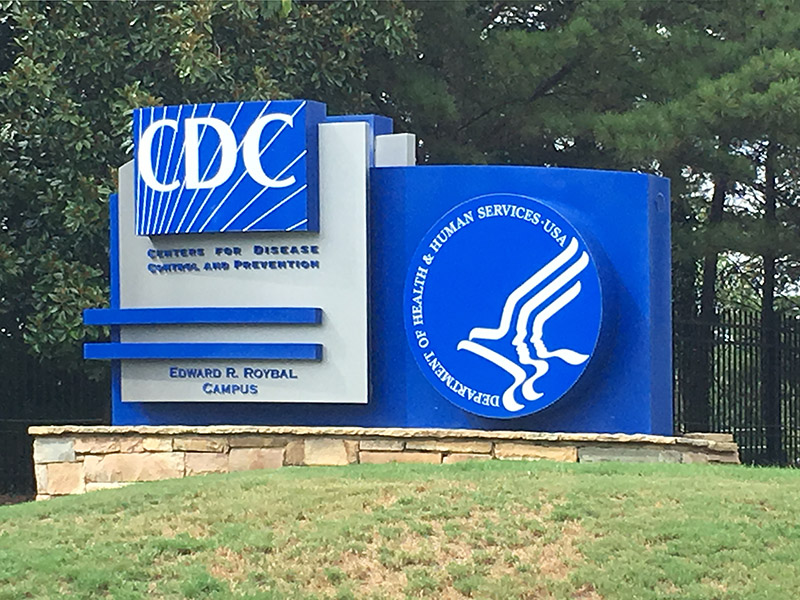
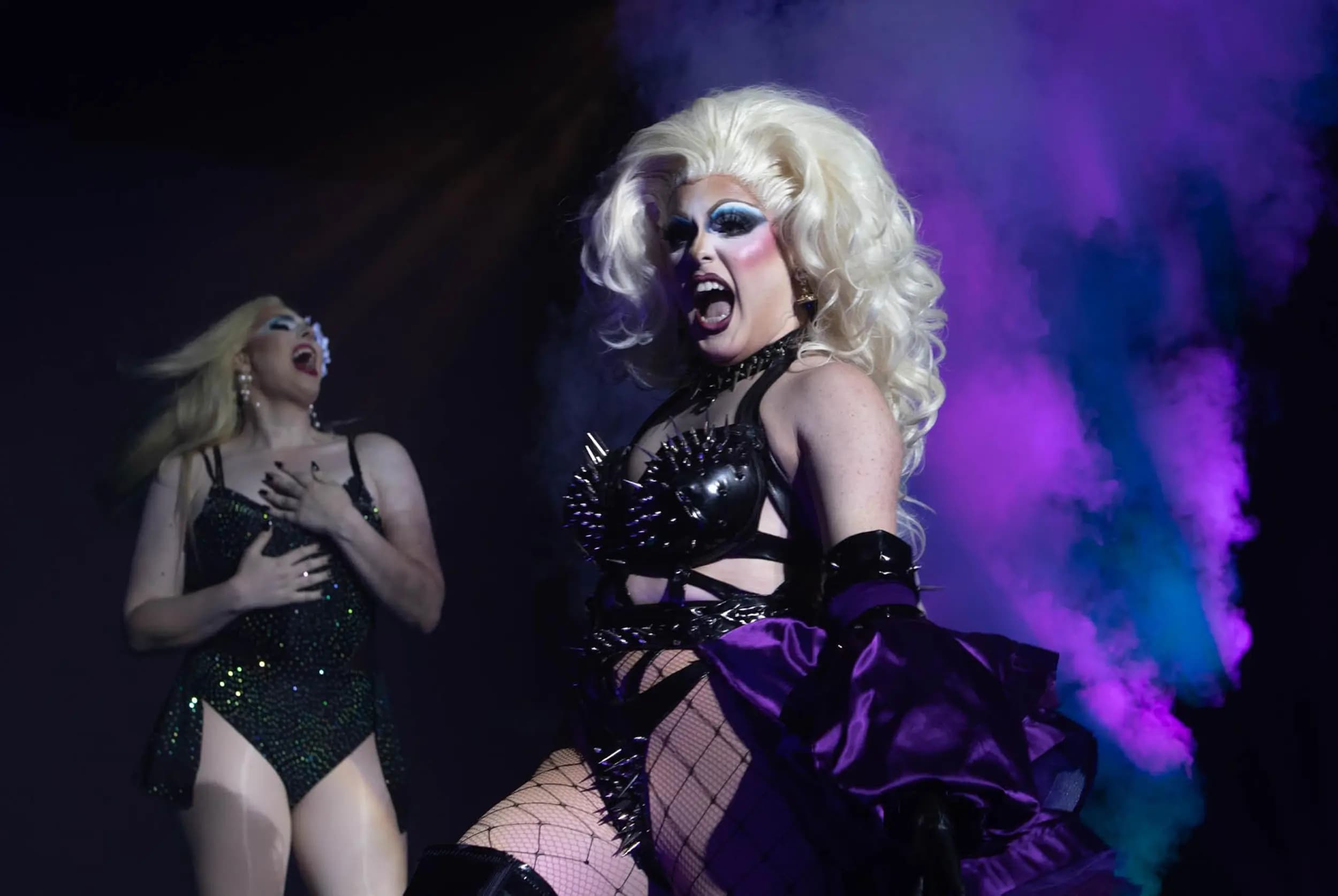
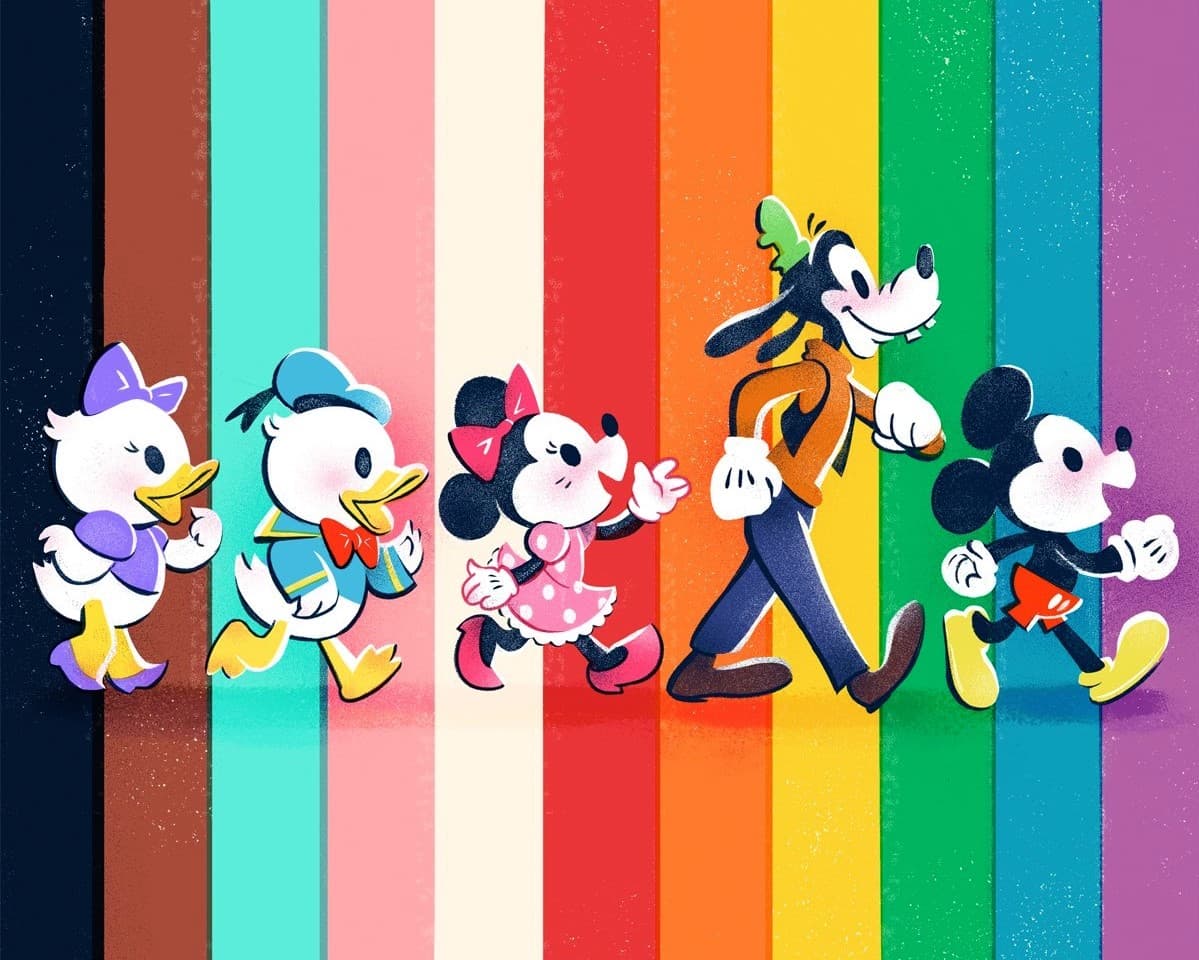














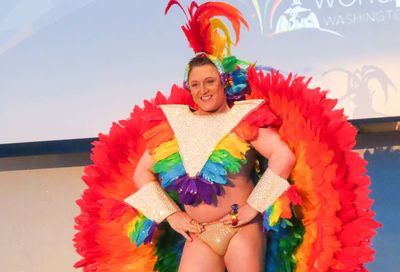
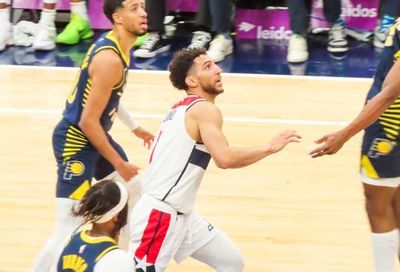
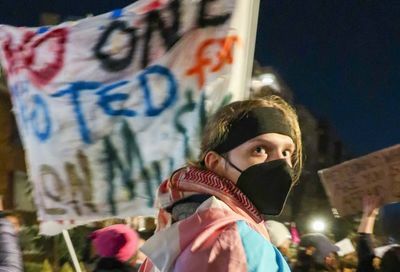
You must be logged in to post a comment.